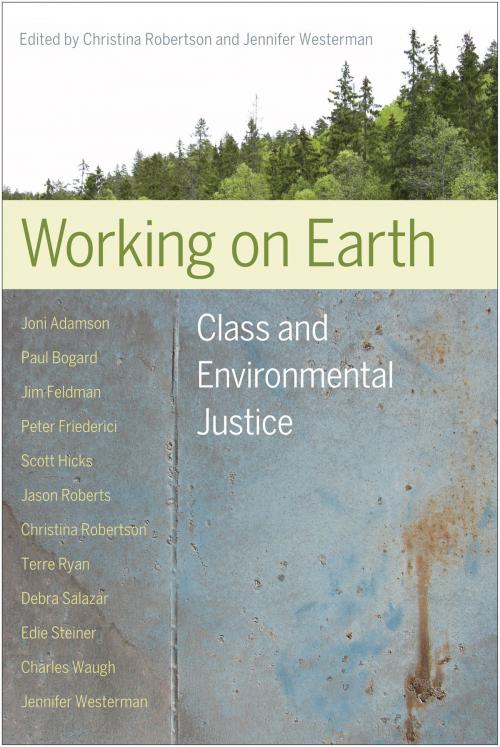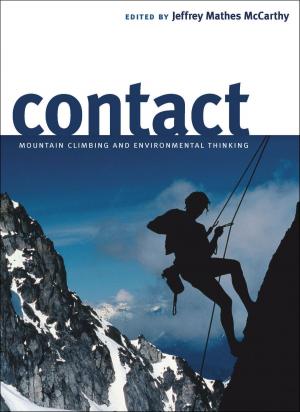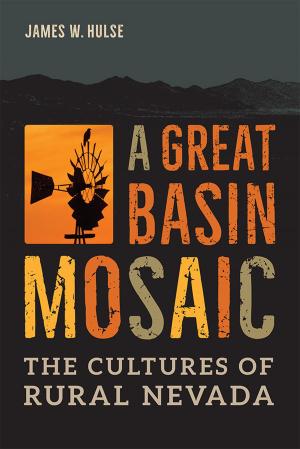Working on Earth
Class and Environmental Justice
Nonfiction, Science & Nature, Nature, Environment, Environmental Conservation & Protection, Social & Cultural Studies, Social Science, Cultural Studies, Popular Culture| Author: | ISBN: | 9780874179644 | |
| Publisher: | University of Nevada Press | Publication: | February 25, 2015 |
| Imprint: | University of Nevada Press | Language: | English |
| Author: | |
| ISBN: | 9780874179644 |
| Publisher: | University of Nevada Press |
| Publication: | February 25, 2015 |
| Imprint: | University of Nevada Press |
| Language: | English |
This collection of essays examines the relationship between environmental injustice and the exploitation of working-class people. Twelve scholars from the fields of environmental humanities and the humanistic social sciences explore connections between the current and unprecedented rise of environmental degradation, economic inequality, and widespread social injustice in the United States and Canada.
The authors challenge prevailing cultural narratives that separate ecological and human health from the impacts of modern industrial capitalism. Essay themes range from how human survival is linked to nature to how the use and abuse of nature benefit the wealthy elite at the expense of working-class people and the working poor as well as how climate change will affect cultures deeply rooted in the land.
Ultimately, Working on Earth calls for a working-class ecology as an integral part of achieving just and sustainable human development.
This collection of essays examines the relationship between environmental injustice and the exploitation of working-class people. Twelve scholars from the fields of environmental humanities and the humanistic social sciences explore connections between the current and unprecedented rise of environmental degradation, economic inequality, and widespread social injustice in the United States and Canada.
The authors challenge prevailing cultural narratives that separate ecological and human health from the impacts of modern industrial capitalism. Essay themes range from how human survival is linked to nature to how the use and abuse of nature benefit the wealthy elite at the expense of working-class people and the working poor as well as how climate change will affect cultures deeply rooted in the land.
Ultimately, Working on Earth calls for a working-class ecology as an integral part of achieving just and sustainable human development.















